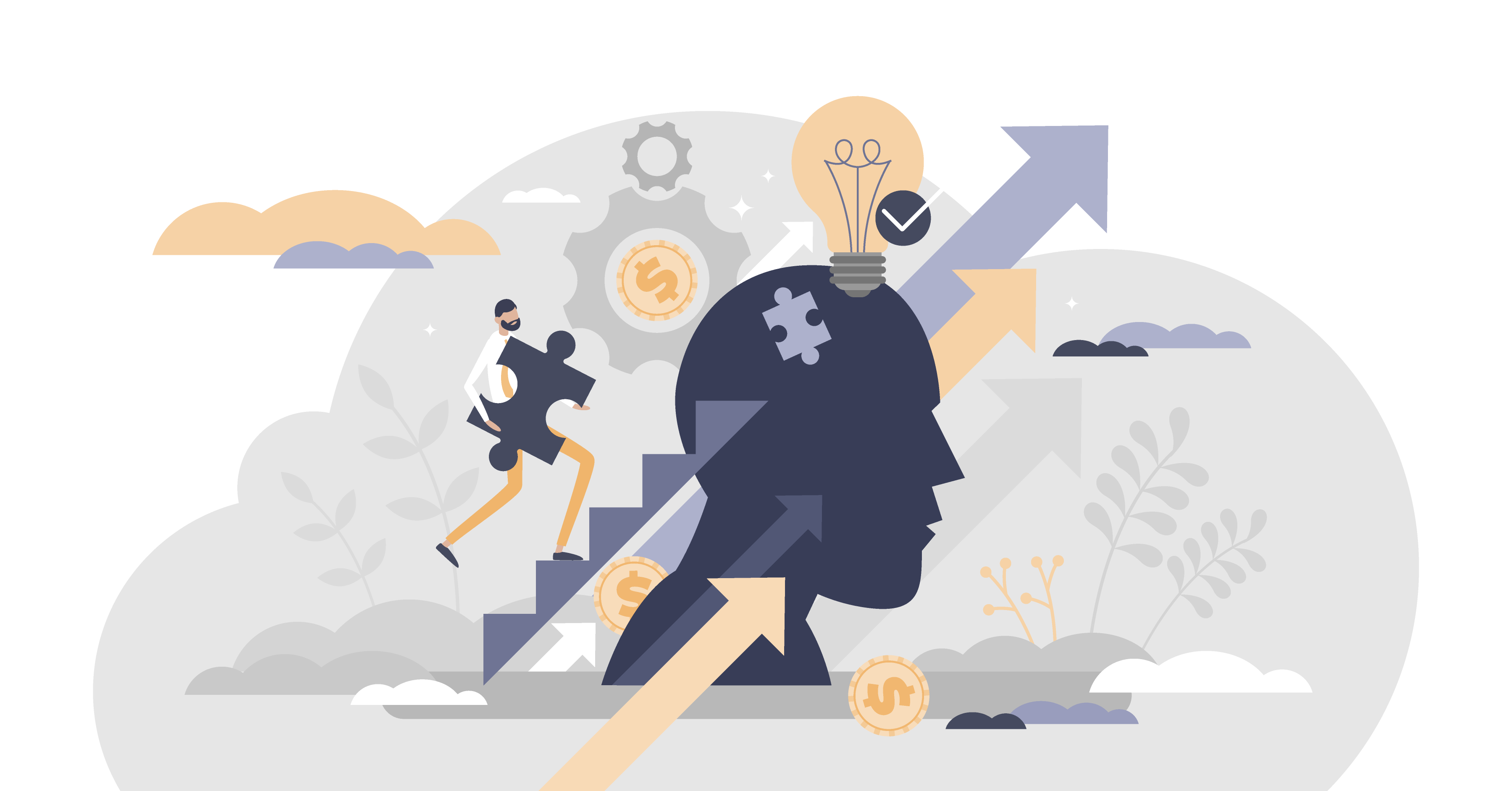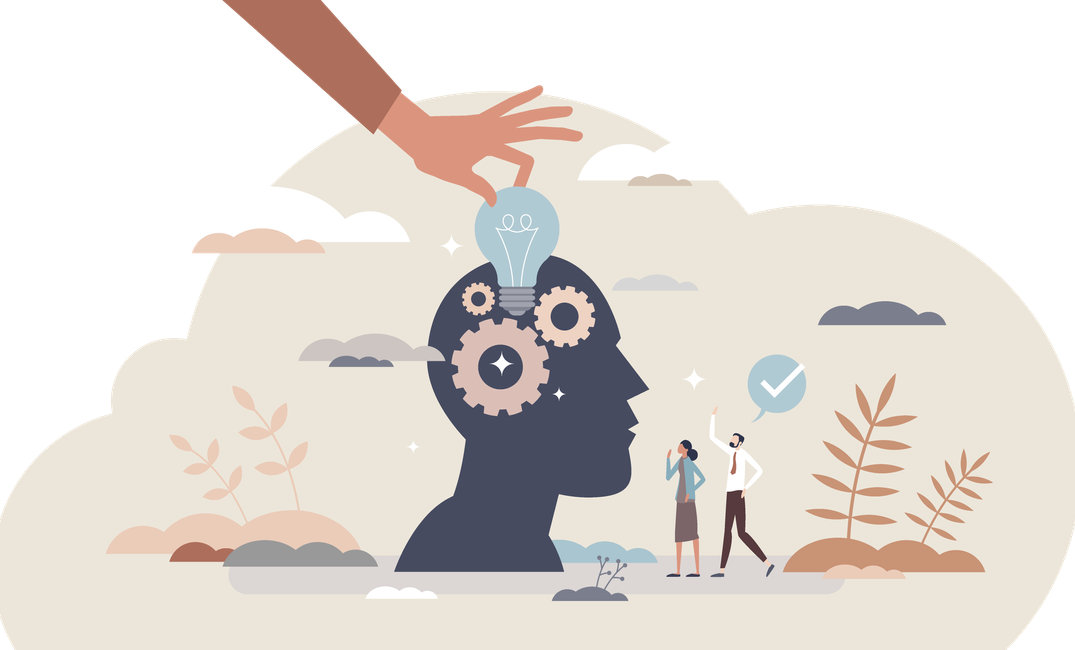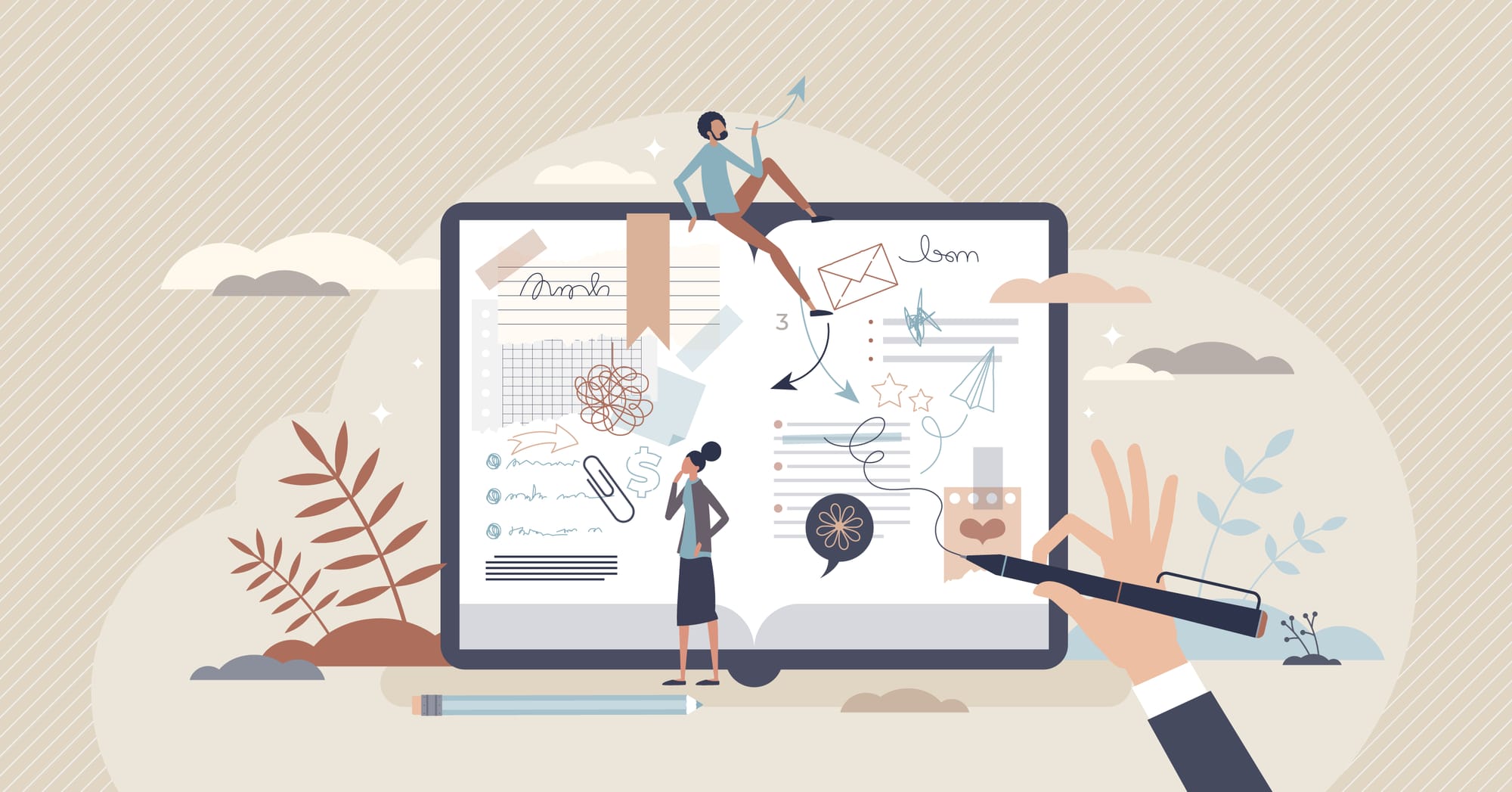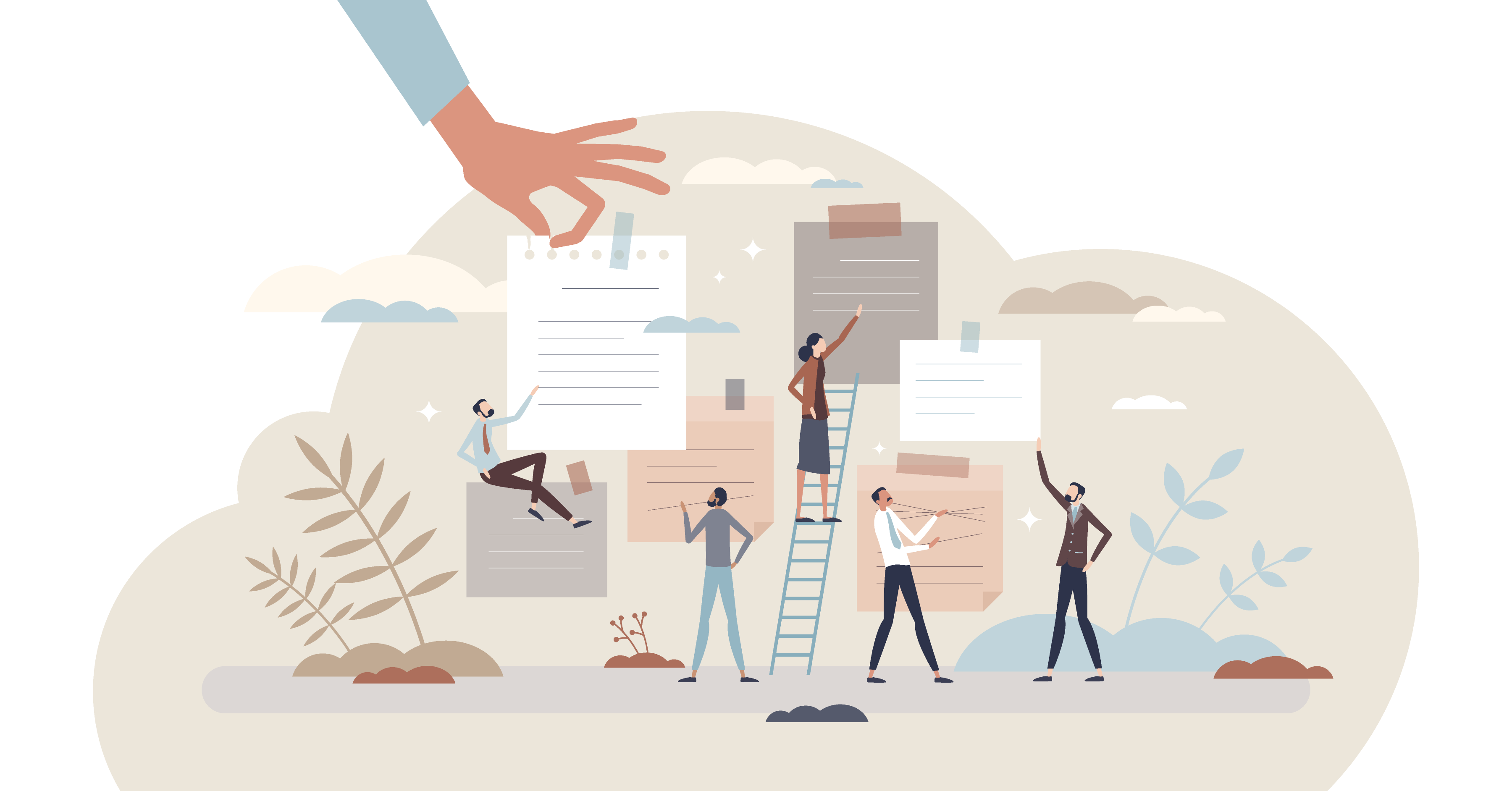Table of Contents
Whether PhD studies are compatible with your studies is a great question to ask, especially before you go down the route of applying for them.
The short answer is you can absolutely do a PhD with kids. There are many extra skills, like time management that you have developed or will develop, which will set you up for success. But be prepared for extra challenges as you try to navigate fitting in your studies with life and your finances.
Here's some questions you may want to ask yourself before you start a PhD or if you are deciding to have a baby during your PhD:
- How will I manage my time between childcare and my studies?
- Will I have enough money to look after kids and study a PhD?
- Are there other people around me who can help me out?
- Will I be able to deal with the increased mental load of children and doing research?
Lets go through some of the things I've thought have been most influential on my own PhD work. Whilst having a child has not stopped me from doing a PhD, it is a very different experience!
Important factors to consider which are dependent on your own situation
First of all lets consider factors which may vary from person to person. They might be what makes everything a lot easier, or conversely, a lot more difficult to manage.
The age of your kids
There are different challenges within each age group and I can only talk practically about my daughter who is preschool.
I started my PhD when my daughter was a little over 2 years old. I'm going to be honest, I think I would have really struggled with a PhD before this age. This is on the basis that sleep was a little to be desired! That being said, a 50% FTE is an option on most programs. Make sure to discuss options like these before you start or as soon as possible. Between age 2-5, children are semi-independent and range from doing their own thing to wanting to do everything with you. Cue my daughter who is currently sitting next to me as I write this on a Sunday morning. But she is happily drawing so some light work is perfectly doable.
Older than 5, then a whole load of new challenges start, such as school times and school holidays. Whilst they are more independent, flexibility around days you can work become more tricky. This is something I'm not looking forwards to navigating next year; I'll let you know how I get on!
If you're still at the 'thinking about kids' stage, familiarise yourself with the maternity/paternity allowances of your PhD. They can vary hugely from funding provider to funding provider. There's never a 'good time' to have kids but it's always going to be more challenging squishing them in with a non-permanent work contract. Luckily my husband has a good, good stable job and that was definitely something that allowed me to do a PhD. Which leads us on nicely to the next two points.
Your support network
Your support network is probably one of the biggest factors. Do you have a partner who can share the burden and take more than their fair share when you need them to? Are they supportive of what you are doing? What about other people who can look after your kid(s)? Nurseries, child minders, grandparents and neighbours all fall into this category. Make sure you're confident of how you will get the extra support you will need before you make your decision. And have a good idea of how much it will cost because ...
... this section wouldn't be complete if we didn't talk about money
Kids, especially under school age are EXPENSIVE. And a PhD is not known for the good rate of pay. In the UK, it's basically living wage. For me personally, we'd be paying over £15,000 a year on childcare if we didn't get about 50% of childcare costs paid by the Scottish government. That's about as much as my entire year's stipend. That's how much we paid for two years for age 2 and 3. So I was literally working on my PhD and had no money to show for it, because about 90% went on childcare. For age 4-5 we get approximately 50% free childcare hours. So now it's more like 45%. This is pretty crazy and I'm lucky because my husband has a well-paid job. I wish it wasn't like this though and it makes me feel more than a little bit privileged.
So, have a very clear idea about your financial situation before starting a PhD.
Where you live
We live out of town so have a not insignificant commute to get to work and nursery. If your travel distances are large and/or complicated between home, work and nursery, travel time and logistics can be tricky to manage. For example, there's only so late you can be. There's limited time before tea, bed and over-tired child all merge into one traumatic mess. And it can limit after nursery activities too. They are doable, just be prepared for a tired kid and more challenging bed times every day of the week.
The extra challenges
You've probably thought about a lot of these already, but there are extra challenges with trying to fit two demanding things into your already full life. Here's some that I've found particularly difficult in the last couple of years of my PhD:
- Time flexibility - sometimes I just need an extra hour at work, either to get started on something early or to finish off an experiment. However, because my daughter has to be picked up from nursery by a certain time, I just don't have that flexibility.
- Social flexibility - for the same reason as above, I also find it difficult to attend social events which are usually held after work. I need to get my daughter home for tea and bed. Or if they are held during the day, I'd rather get on with my work, because I have less flexibility for another time.
- Attending seminars - often seminars, talks and courses are held at 4-6pm which is a really annoying time to attend. Therefore I often miss many of these because this time is the busiest in my household. Some institutions are recognising this more though and are making efforts to change times.
- Brain flexibility - sometimes I need to think about something or prepare some work in the evening and it's very difficult to do this when my daughter is refusing to go to bed. I just end up exhausted and needing to go to bed as well.
- The kids' schedule comes first - kids have illnesses at inconvenient times. Or one parent got their event in the calendar first. These kinds of scenarios mean that there are some things you just can't do or need to cancel. Sometimes this is an exciting trip that you've been wanting to go on for a while.
- Maintaining full time hours is difficult - I find it challenging keeping to the standard working week (9-5) due to travel times and nursery pick up/drop off constraints. There are days when leaving the house seems to take forever. What used to be out of bed, out the house and walk to work in an hour, is now at least 2, with driving and depending on little person co-operation levels. I find myself trying to make up the time in other ways. This includes getting up early to fit in an hour of work before everyone else wakes up.
- There is so much extra household 'stuff' to deal with - logistics, washing, cleaning, cooking; all this stuff takes their toll as you try to navigate a PhD as well. Sometimes I just want to sit down and think or watch TV or do nothing. This is rarely possible in my household! I do work 80% FT to help negotiate these tasks.
- There's less wiggle room when things go wrong - cue COVID for example. PhD and Parenting is enough. Add Pandemic and things about reach breaking point.

The extra skills
Whilst this may seem like a negative picture so far, on the other hand you'll have extra skills that come in handy.
- Discipline - I have to develop certain levels of order among the chaos. I need to leave at a certain time to pick up my daughter from nursery, therefore I will definitely leave at that time. There's no temptation to stay on and do a bit more work. Cue better work-life balance (if that's actually a thing).
- Efficiency - On the same thread as the one above, because I only have a certain amount of hours per day, I tend to work more efficiently. The hours I have, have to count.
- Work is me time - The hours at work are another form of me time. Therefore I try to make sure that I fill the time with things I value and I enjoy (if I can). Doing a PhD is a perfect way to fill your day with things you enjoy; learning something new! By seeing work as me time, it instils more meaning and purpose in the things I do.
- A wider appreciation of the impact of your science - I think having kids brings a wider perspective about the things I do and why. Trying to teach my daughter about what I do is an interesting way to see how I communicate science.
- Switching off becomes your forte - it's hard to think about generalised linear models when your daughter is blowing loudly into a flute. So there's no point in trying. In a previous blog post, on how to keep your hours to a 'standard working week' of 40 hours, I discuss some ideas to help make the transition from work brain to home brain and vice versa. It can take a lot out of you to switch on and off so quickly every working day.

Conclusion
So there you have it! Having kids whilst doing a PhD is challenging but also incredibly rewarding from a personal resilience perspective; if you can do this, you can do and manage anything!









Comments